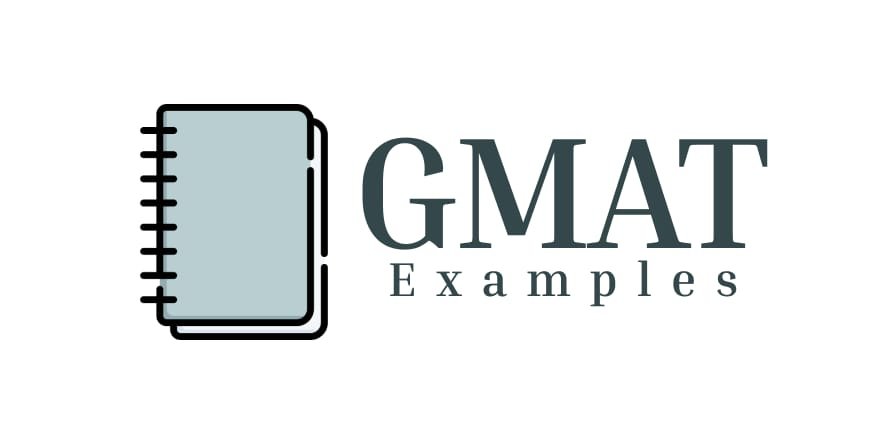This is a follow up read to the GMAT sentence correction blog that lists down the basic types of 7-8 error types and what they mean for sentence correction. With GMAT Idioms, we will be listing down all the key rules/terms and pointers needed. This allows us to keep a note and refer to them whenever needed.
GMAT Idioms List
Right Options
- Like vs Such as: When making an introduction to an aspect of a statement, we use such as while like is used for making a comparison. When we use such as, we mean students play activities that include sports, arts etc. Like, would be doing stuff similar to these but not necessarily these.

- Which vs That: Though sound very similar. I tend to make this mistake a lot and need Grammarly to correct it. The key difference between the two is if the term is essential for the meaning of the sentence. We should be using that when meaning is being changed while which is more like an optional term for the statement.
- Main Clause: A clause that can stand alone on its own and includes both a subject and a verb. Clauses FYI can be verbs, nouns or combinations.
Right Usage
- But Except In: When making a statement with a specific assertion. We may need to include a counter premise or example before the conclusion. We will use a but except in instead of excepting etc.
- Both X and Y: The right way to use both is as mentioned. Any other usage in form of X or Y. X in addition to Y etc is all wrong forms of usage.
- Not only X but also Y: This expression is the only right form of the clause. Anything else such as and etc is not the correct way to represent things.
- As Much As The idiomatic term as much as is used in this way. More than cannot or should not be used along with as much. It would be incorrect to use more than as much as together.
- Interest In: When using the term interest, it is always used as ‘interest in’ and not used in any other form.
- Compared: Compared to, with. As compared to, In comparison to, In comparison with etc are all valid use cases for compared. e.g. In comparison with other students, Rahul has been consistently scoring high.
- Like/Unlike: The core usage structure for both cases remains the same. e.g. Like/Unlike others in the class, Rahul plans to give the GMAT.
- As: When not being compared, as is followed by a noun. When being used for causality, as is followed by a clause. e.g. Rahul had to visit Delhi, as he had to meet his parents. As followed by a noun, cannot be followed directly by a prepositional phrase (Phrases starting within, for, at etc)
These are broadly the list of basic idioms used in the GMAT exam.
To be continued …
